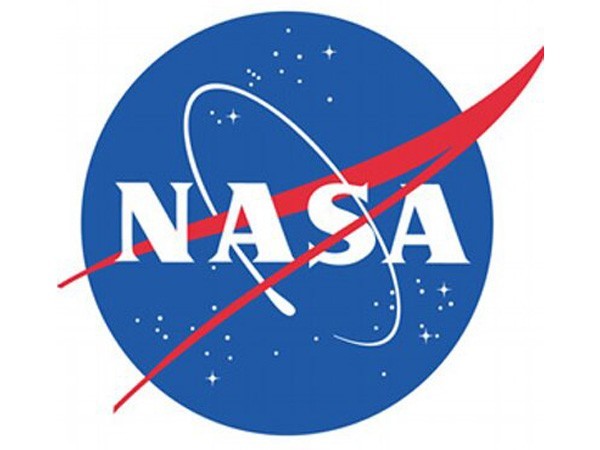Science News Roundup: NASA scores Wright Brothers moment with first helicopter; Scientists in Chile discover remains of plant-eating dinosaur and more

Following is a summary of current science news briefs.
Australian academics enlist amateur scientists to study microplastics
Equipped with just a pan and sieve, a group of amateur scientists combs the beach looking for tiny bits of plastic that are near invisible to the naked eye but belie their threat. "There's evidence that we are breathing it, ingesting it in our foods. There are lots of studies showing it's in our water, it's in our food products," said Scott Wilson, research director of the Australian Microplastic Assessment Project (AUSMAP).
Robots to fan out across world's oceans to monitor their health
After years of studying the icy waters of the Southern Ocean with floating robotic monitors, a consortium of oceanographers and other researchers is deploying them across the planet, from the north Pacific to the Indian Ocean. The project is known as the Global Ocean Biogeochemistry Array, or GO-BGC, started in March with the launch of the first of 500 new floating robotic monitors containing computers, hydraulics, batteries and an array of sensors scientists say will relay a more comprehensive picture of the ocean and its health.
Physical inactivity tied to higher COVID-19 risk; new trial attempts to reinfect virus survivors
The following is a roundup of some of the latest scientific studies on the novel coronavirus and efforts to find treatments and vaccines for COVID-19, the illness caused by the virus. Physical inactivity tied to higher COVID-19 risks
NASA scores Wright Brothers moment with first helicopter flight on Mars
NASA scored a 21st-century Wright Brothers moment on Monday as it sent its miniature robot helicopter Ingenuity buzzing above the surface of Mars for nearly 40 seconds, marking the first powered controlled flight of an aircraft on another planet. Officials at the U.S. space agency hailed the brief flight of the 4-pound (1.8-kg) rotorcraft as an achievement that would help pave the way for a new mode of aerial exploration on Mars and other destinations in the solar system, such as Venus and Saturn's moon Titan.
China plans $3 billion supercomputing centre to analyse data from space
China's southern spaceport of Wenchang will build a $3 billion supercomputing center by year-end to analyze data obtained from space, according to state media on Tuesday. With a planned investment of 20 billion yuan ($3.1 billion), the supercomputing center will provide big data services for industries including the aerospace and marine sectors starting in 2022, state-backed Hainan Daily said.
Amazon gets 9 ULA satellite launch vehicles for broadband internet program
Amazon.com Inc said on Monday it had secured nine satellite launch vehicles from United Launch Alliance (ULA) to support the initial deployment of its broadband internet initiative, Project Kuiper. Atlas V launch vehicles from ULA, a joint rocket venture between Boeing Co and Lockheed Martin Corp, is the first of many vehicles which will be used to deploy Amazon's satellite constellation to orbit.
Scientists in Chile discover remains of plant-eating dinosaur amid world´s driest desert
Scientists in Chile's parched Atacama desert, the world's driest, have discovered the remains of a previously unknown species of dinosaur that millions of years ago lived among lush greenery in what is now a moonscape of rock and sand.
A team led by Chilean geologist Carlos Arévalo unearthed the remains of Arackar licanantay, which means "Atacama bones" in the Kunza language, 75 kilometers south of the desert city of Copiapó. The so-called titanosaur had a small head and long neck and tail, as well as an unusually flat back, compared with others like it.
A rediscovered forgotten species brews promise for coffee's future
In dense tropical forests in Sierra Leone, scientists have rediscovered a coffee species not seen in the wild in decades - a plant they say may help secure the future of this valuable commodity that has been imperiled by climate change. The researchers said on Monday that the species, called Coffea stenophylla, possesses greater tolerance for higher temperatures than the Arabica coffee that makes up 56% of global production and the robusta coffee that makes up 43%. The stenophylla coffee, they added, was demonstrated to have a superior flavor, similar to Arabica.
(With inputs from agencies.)
ALSO READ
Sierra Leone declares national emergency on drug abuse
AfDB Executive Directors visit key water revamping project in Sierra Leone
Chile must provide solid legal framework for exercise of cultural rights
Chile president recalls ambassador in Venezuela for consultations
Output from Chilean copper miner Codelco dips 1.6% in February










